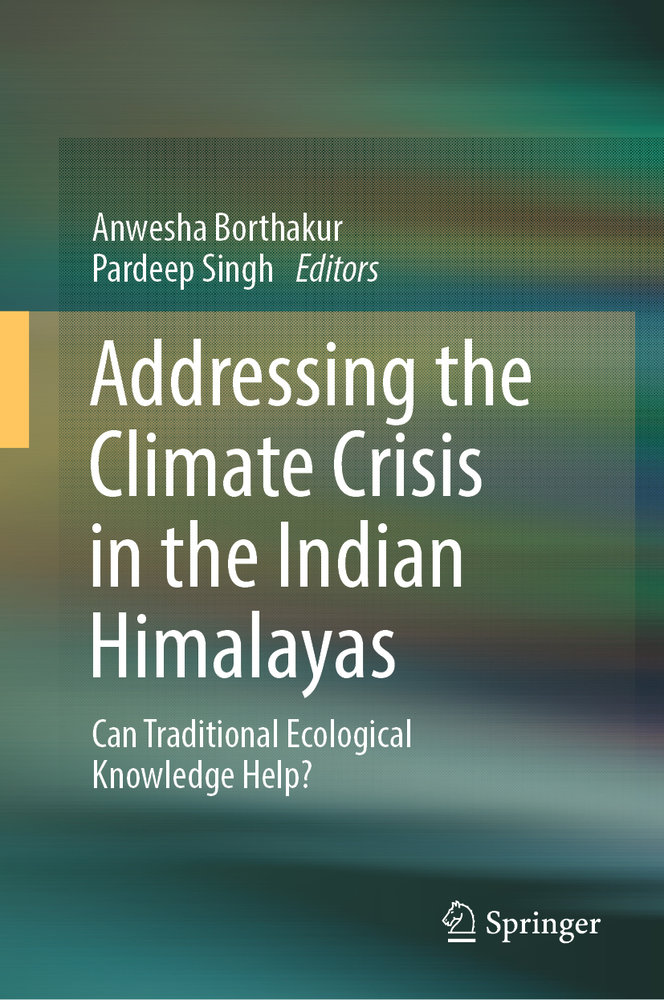This book focuses on the traditional ecological knowledge in addressing the current climate crisis in the Indian Himalayas. Local or indigenous people in the Himalayas, through their low-carbon producing lifestyles, contribute very little to the climate crisis. However, at the same time, they bear the brunt of this crisis way more than many others. It is important to learn about their traditional ways of life and the knowledge that they hold regarding ecology and environment. Traditional ecological knowledge and associated belief systems are given increasing attention across the globe in recent times toward addressing some of the grave environmental concerns. Climate change is one such concern. The rising consideration of concepts such as ethnoecology and ethnobotany signifies the scientific, socio-cultural and economic potential of the traditional ecological knowledge systems. It is indisputable that these knowledge systems have the ability to provide important insights towards tackling many present-day environmental distresses including several climate change challenges. In this book, the authors concentrate on such traditional ecological knowledge systems in the Indian Himalayan region and try to figure out their significance in relation to the modern science. Overall, the authors attempt to write a book where the relevance of traditional ecological knowledge systems could be addressed and communicated to a larger audience-both academic scientific and non-academic.


